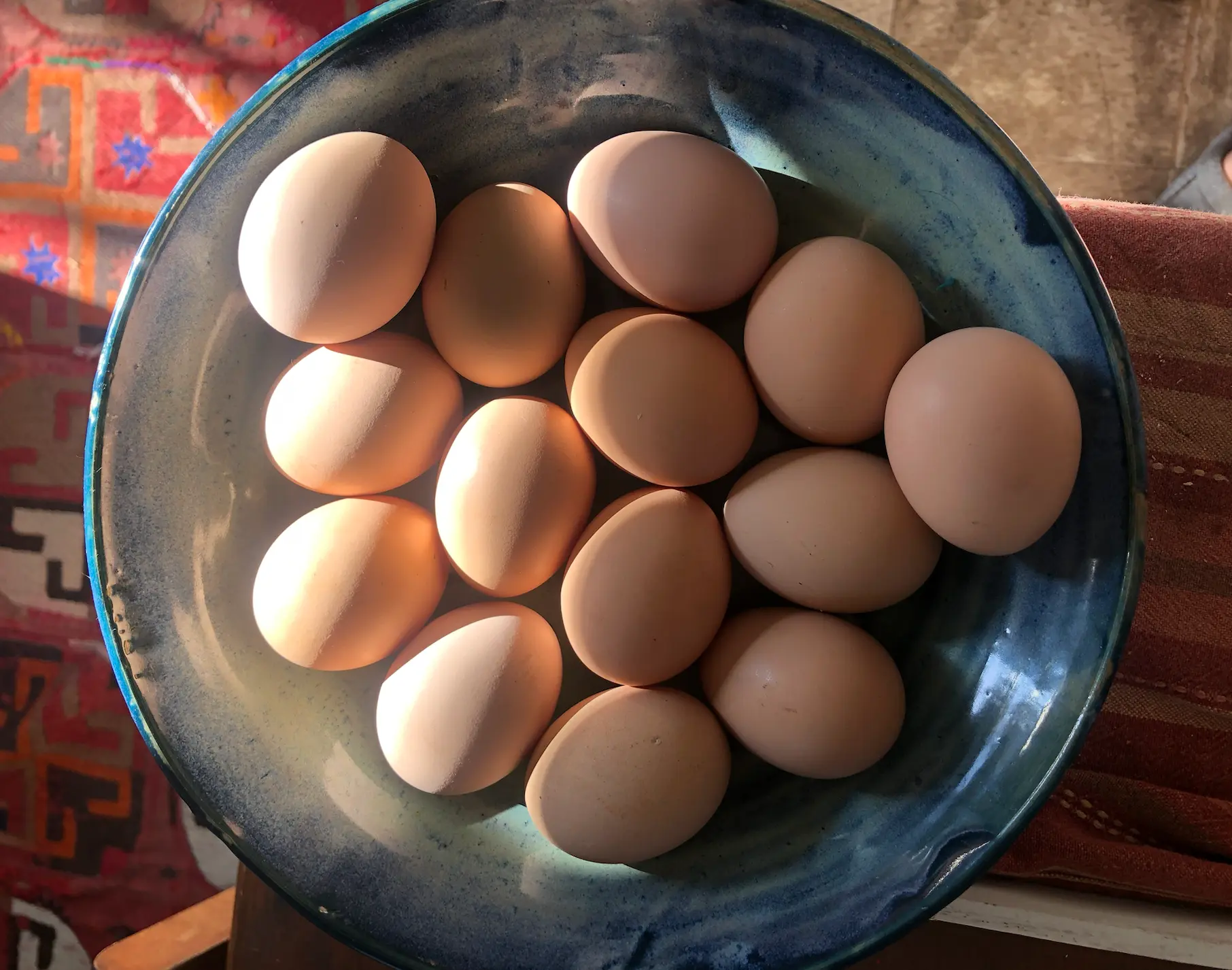When reviewing books I like to consider the ideal reader. When and where is one most likely to enjoy this book. I try to make my reviews focus on how I felt during and after reading and reflect on lingering thoughts and words. What is the taste in my mouth at the end of the last page?


